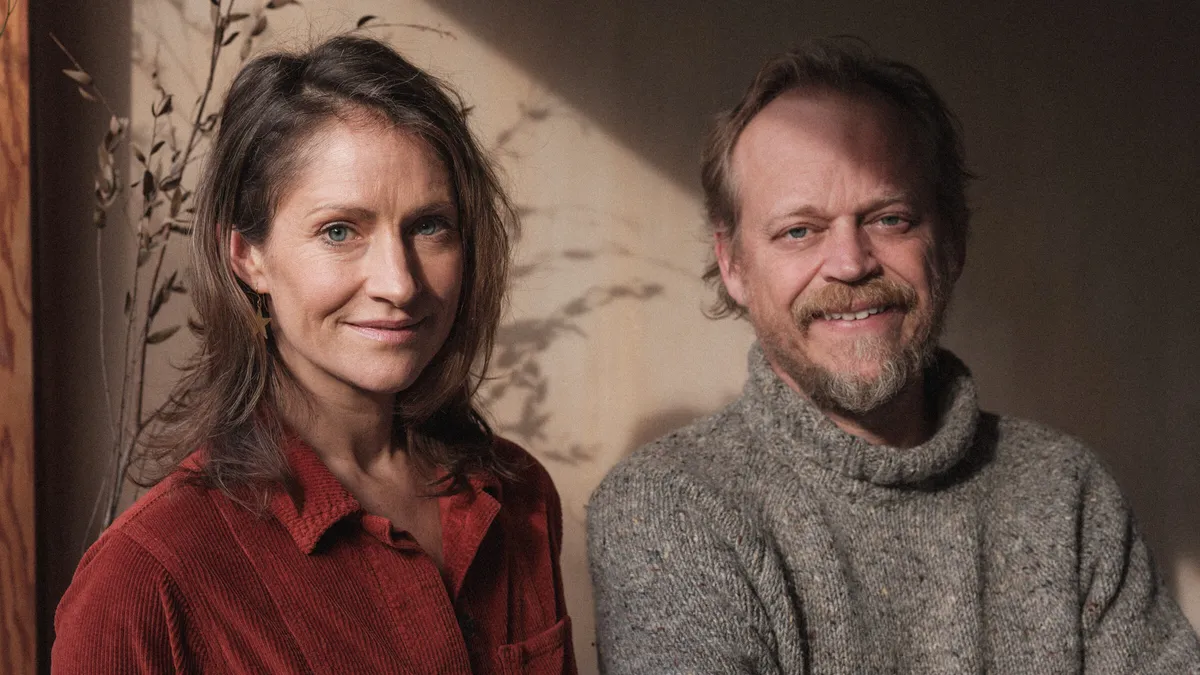We're all familiar with the concept of growing organically, but it is usually thought about in relation to growing produce.
On a basic level, organic gardening is the principle of growing without the use of chemical fertilisers and pesticides, or any other artificial chemical. For gardeners, this can mean looking at your whole plot as an ecosystem and working in harmony with it.
However, even if you try your best to garden organically, there are some hidden ways that pesticides and artificial fertilisers can creep into your soil.
Bulbs and seeds for example, are often produced at a mass scale where pesticides and fertilisers have been used. So although you aren't using these in your own space, you might be introducing the same chemicals via the things you are planting.

You may also like
- How to go organic in your garden
- The best organic nurseries
- Meanings of the word organic and other garden words
- Organic gardening tips from Yeo Valley
Tjerk Dalhuisen, from the Pesticide Action Network (Europe) told Gardens Illustrated: "The mass production of bulbs tends to be really unsustainable. Unfortunately, like in growing many garden plants, very toxic pesticides are used to control pests and fungi. The residues come with the bulbs and in the plants. If you want a lively environment with bees and butterflies these bulbs don't belong in your garden or on your balcony. Fortunately, there are organic alternatives, free of synthetic pesticides. Unfortunately, their supply is still limited but growing demand will surely help. So do ask for pesticide free bulbs and plants."
"If you want a lively environment with bees and butterflies these bulbs don't belong in your garden"
Lulu Urquhart and Adam Hunt, founders of the design studio Urquhart & Hunt, are passionate about the move towards organic growing and caring for the health of our soils. They set up Organic Bulbs, to curate a selection of bulbs that would help maintain healthy ecosystems.

Adam said: "There are a lot of benefits to bulbs that are grown organically, both in the terms of the people farming them, of the environment itself and then surprisingly in terms of the insects that feed on the bulbs once they are flowering."
"We planted over 100,000 bulbs this autumn and in the spring when they come up there is going to be a profusion of flowers for emerging insects. When they are weak from hibernating all winter, the first meal of nectar that an insect will ingest is from a bulb. That first hit, when it is laden with fungicide and toxins, can seriously damage these emerging insects and could even be fatal. This is why it is so important to consider what we are planting as a food source for our essential pollinators."
"That first hit, when it is laden with fungicide and toxins, can seriously damage these emerging insects and could even be fatal."
He went on to say: "Bulbs grown organically, although they can be a bit slower to start, are much more vigorous as they progress. For example tulip bulbs when grown conventionally, will need replanting after 2-3 years but with organic bulbs, after 2-3 years, the mother plants produce smaller offsets and start spreading, which is extraordinary and also makes the higher initial outlay worthwhile over time."
It can be hard to track down organic bulbs, but if you're considering moving towards a more organic approach in your garden, then this could be an easy switch to get you started.
Places to buy organic bulbs:
